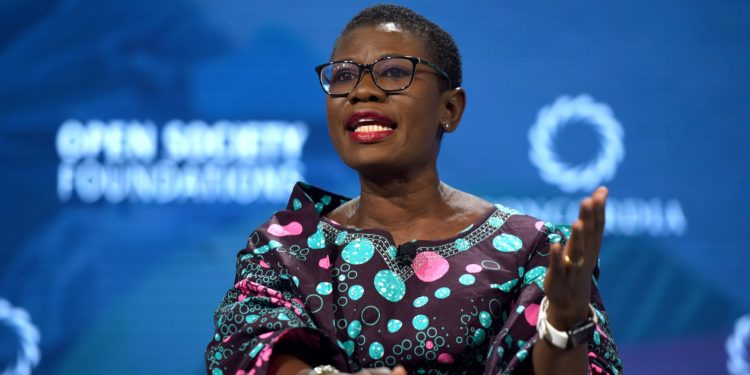By Hassan Osman Kargbo
The capital city of Sierra Leone has been gripped by growing concern following a disturbing rise in deaths among young people, with more than 100 bodies reportedly discovered across the city since January. The alarming trend has sparked outrage and anxiety among residents, who say the frequent discovery of corpses on streets and in communities has become both a humanitarian and security crisis.
Her Worship the Mayor of Freetown, Yvonne Aki-Sawyerr, described the situation as ‘deeply troubling,’ and urged urgent attention from both national and local authorities.
Speaking on the issue, she confirmed that over 100 corpses, many of them young people, have been collected from different parts of the city this year alone.
While the Mayor did not assign a single cause, she highlighted concerns over drug abuse, unemployment, and poor social conditions as possible contributors to the alarming rise in deaths.
She called on stakeholders, including the central government, civil society, and health agencies, to work together to address the underlying issues.
For ordinary citizens, the wave of deaths has become a painful reality. Residents across Freetown have expressed frustration at what they see as the authorities’ slow response. Many fear that the problem, if left unchecked, could worsen and further destabilize communities.
“It is heart-breaking to wake up almost every week to hear that another young person has been found dead,” said Mariama Kamara, a resident of Calaba Town. “These are people with dreams, families, and futures. The government should not remain silent while our youths are dying like this.”
Similar views were echoed by Mohamed Sesay, a trader in the central business district, who said the problem has cast a shadow over the city. “We are now used to hearing about dead bodies being discovered. That should never be normal in any society. The authorities need to step up and provide solutions, not excuses.”
Also, Community leaders and social commentators have linked the rising deaths to a combination of factors. Chief among them is the spread of the drug known locally as Kush, which has devastated many young lives across the city. Unemployment and lack of opportunities are also driving despair among the youth, leaving many vulnerable to substance abuse and risky lifestyles.
Health professionals, meanwhile, warn that the absence of adequate rehabilitation centres has worsened the crisis. With limited access to treatment and counselling, many young people caught in addiction face grim outcomes. The frequent discovery of their bodies on streets, beaches, and abandoned buildings has left a lasting mark on the city’s image.
Furthermore, growing public dissatisfaction has intensified calls for stronger government intervention. Residents are demanding increased investment in youth empowerment, the creation of more jobs, and tougher measures against the distribution of dangerous drugs. Civil society groups have also urged the government to partner with local authorities and international organizations to strengthen mental health and rehabilitation services.
“The government cannot turn a blind eye to this tragedy,” said a statement from one youth advocacy group. “Everybody found is a reminder of a failed system that does not protect its young people. We need urgent action to save lives.”
As Freetown grapples with this grim reality, families continue to mourn the loss of their loved ones while fearing for those still at risk. The city’s residents say the deaths are not just statistics but lives cut short by neglect, addiction, and economic hardship.
The Mayor’s revelation of more than 100 bodies collected since January has thrown a spotlight on the severity of the crisis; but for many, it is also a test of leadership and accountability. Until tangible action is taken, the people of Freetown remain haunted by the disturbing sight of corpses that too often appear on their streets.













